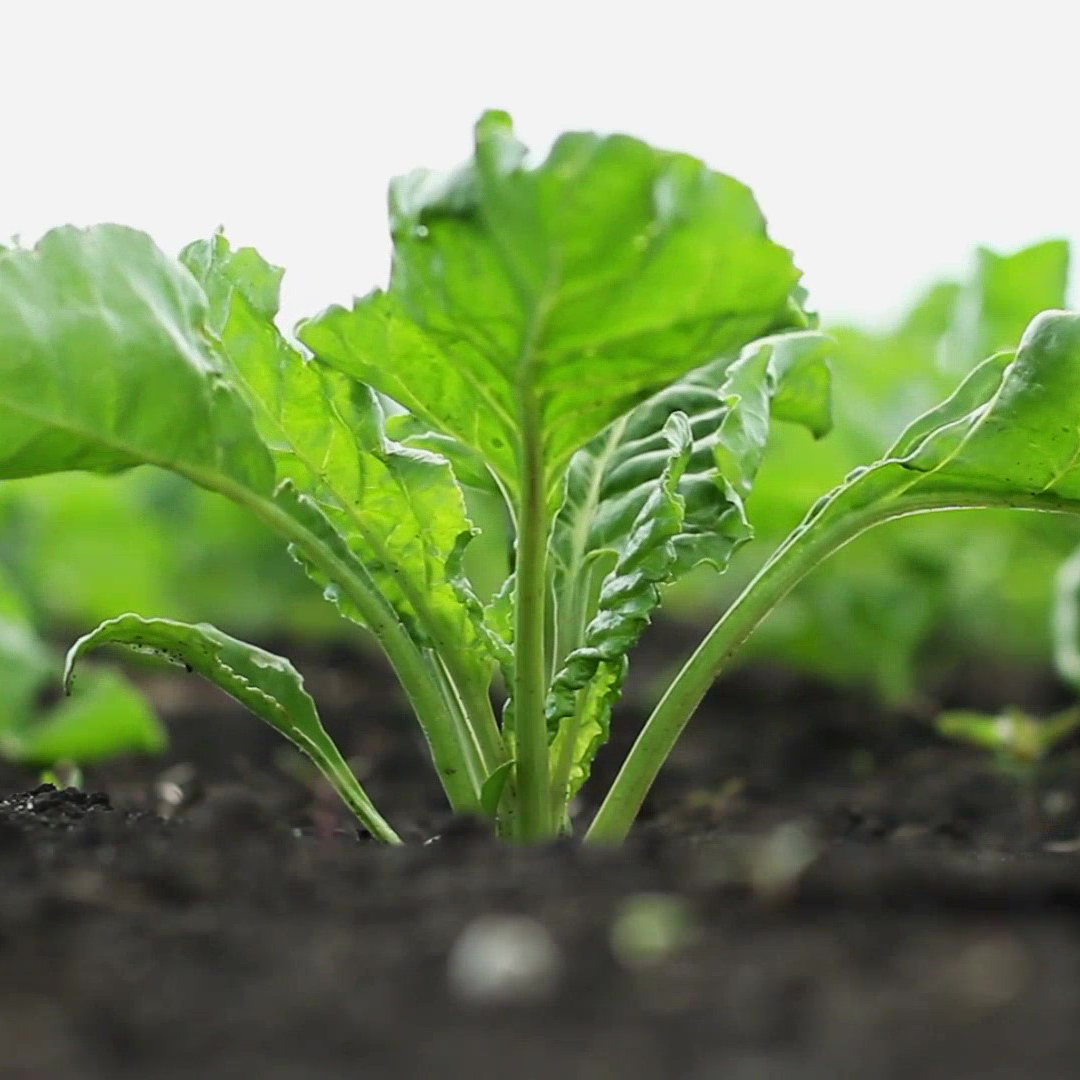Microbebio Factory Proposal: Organic Fertilizer and Microbial Culture Facility in Houston, Texas
Microbebio proposes the construction of a $25 million state-of-the-art facility in Houston, Texas, dedicated to the production of organic fertilizers enriched with beneficial microbes and mycorrhizae. This facility will leverage Houston’s abundant poultry manure resources, robust agricultural market, and strategic location to produce sustainable, high-efficacy biofertilizers. The project is expected to create 85 direct jobs, achieve a return on investment (ROI) within 5 years, and contribute to sustainable agriculture by reducing reliance on synthetic fertilizers. The proposal includes a 20% contingency to address potential risks and ensure project success.
Project Overview
Objectives
- Establish a 50,000-square-foot facility for organic fertilizer production and microbial/mycorrhizal culture labs.
- Utilize locally sourced poultry manure as a primary raw material to create eco-friendly biofertilizers.
- Produce 20,000 metric tons of organic fertilizer annually, incorporating proprietary microbial strains (e.g., Bacillus, Rhizobium) and mycorrhizae (e.g., Glomus species).
- Achieve scalability, sustainability, and profitability while supporting regional farmers and reducing environmental impact.
Location Rationale
- Houston, Texas: Selected for its proximity to poultry farms, providing abundant manure (estimated 1.2 million tons annually in Texas), strategic port access for exports, and a strong agricultural market in the Gulf Coast region.
- Access to skilled labor, research institutions (e.g., Texas A&M), and transportation infrastructure.
Market Analysis
Demand for Organic Fertilizers
- The global biofertilizers market is projected to reach $5.2 billion by 2028, growing at a CAGR of 10.9%.
- Increasing demand for sustainable agriculture, driven by environmental concerns and regulations (e.g., EU’s Farm to Fork Strategy), supports the adoption of microbial fertilizers.
- Texas, with over 680,000 farms and 126 million acres of farmland, represents a significant domestic market.
Competitive Advantage
- Microbebio’s proprietary formula of 50+ microbial strains offers superior bio-diversity, endospore stability, and equilibrium compared to competitors.
- Integration of mycorrhizae enhances nutrient uptake (e.g., phosphorus and nitrogen), improving crop yields by 8-32%.
- Local sourcing of poultry manure reduces costs and carbon footprint, aligning with sustainability goals.
Facility Design and Operations
Facility Components
- Production Area (30,000 sq. ft.): Composting, granulation, and packaging lines for organic fertilizer.
- Microbial Culture Labs (10,000 sq. ft.): Dedicated spaces for cultivating nitrogen-fixing bacteria (e.g., Azotobacter, Rhizobium), phosphate-solubilizing bacteria, and mycorrhizal fungi.
- Storage and Logistics (5,000 sq. ft.): Raw material and finished product storage with temperature-controlled units.
- Administrative and R&D Offices (5,000 sq. ft.): For quality control, product development, and management.
Production Process
- Raw Material Processing: Poultry manure collected from local farms, mixed with carbon-rich materials (e.g., straw, sawdust) for composting.
- Microbial Inoculation: Proprietary microbial strains and mycorrhizae introduced during composting to enhance nutrient cycling.
- Granulation and Packaging: Compost processed into granules, tested for quality, and packaged for distribution.
- Quality Control: Labs ensure microbial viability and compliance with organic standards (e.g., OMRI certification).
Raw Material Sourcing
- Poultry Manure: Texas produces 1.2 million tons annually, with Houston’s proximity to poultry farms ensuring low-cost supply ($20/ton).
- Other Inputs: Carbon sources, mineral additives, and water sourced locally to minimize costs.
Financial Projections
Capital Expenditure (CapEx)
Total CapEx: $25,000,000 (including 20% contingency)
Item | Cost ($M) | Description |
|---|---|---|
Land Acquisition | 2.0 | 10 acres in Houston industrial zone |
Facility Construction | 8.0 | 50,000 sq. ft. building, including labs and production lines |
Equipment | 6.0 | Composting systems, granulators, bioreactors, packaging machines |
Lab Setup | 3.0 | Microbial culture systems, analytical instruments |
Infrastructure | 1.0 | Utilities, HVAC, waste management systems |
Subtotal | 20.0 | |
Contingency (20%) | 5.0 | Risk mitigation for cost overruns, delays |
Total | 25.0 |
Operating Expenses (OpEx)
Annual OpEx: $7,500,000 (Year 1, including 20% contingency)
Item | Cost ($M) | Description |
|---|---|---|
Raw Materials | 2.0 | Poultry manure ($20/ton for 100,000 tons), carbon sources |
Labor | 2.5 | 85 employees (avg. salary $55,000) |
Utilities | 0.8 | Electricity, water, gas for production and labs |
Maintenance | 0.5 | Equipment and facility upkeep |
Distribution | 0.4 | Transportation and logistics |
Subtotal | 6.2 | |
Contingency (20%) | 1.3 | Risk mitigation for supply chain, market fluctuations |
Total | 7.5 |
Revenue Projections
- Production Capacity: 20,000 metric tons/year.
- Selling Price: $500/ton (based on premium organic fertilizer pricing).
- Annual Revenue: 20,000 tons × $500 = $10,000,000.
- Growth: 5% annual increase due to market expansion and product adoption.
Return on Investment (ROI)
- Net Profit (Year 1): $10M (revenue) – $7.5M (OpEx) = $2.5M.
- EBITDA Margin: 25% (competitive in biofertilizer industry).
- Break-even Point: Year 3, assuming steady production and sales.
- ROI: Total CapEx ($25M) recovered by Year 5, with cumulative profits of ~$15M by Year 5 (assuming 5% revenue growth).
Job Creation
- Direct Jobs: 85
- Production Workers: 40 (operators, technicians)
- Lab Scientists: 15 (microbiologists, quality control)
- Management/Administrative: 15 (executives, HR, finance)
- Logistics/Support: 15 (drivers, warehouse staff)
- Indirect Jobs: ~200 (suppliers, transportation, local services).
- Economic Impact: $4.7M in annual wages (85 × $55,000), boosting Houston’s economy.
Sustainability and Environmental Impact
- Poultry Manure Utilization: Diverts ~100,000 tons/year from landfills, reducing methane emissions.
- Reduced Synthetic Fertilizer Use: Microbial fertilizers can replace up to 40 pounds/acre of synthetic nitrogen, lowering greenhouse gas emissions by ~5%.
- Soil Health: Enhances microbial diversity and nutrient cycling, combating soil degradation.
- Carbon Footprint: Local sourcing and organic production reduce emissions compared to synthetic fertilizer manufacturing.
Risk Analysis and Mitigation
Risk | Impact | Mitigation |
|---|---|---|
Supply Chain Disruptions | High | Secure contracts with multiple poultry farms; maintain 3-month raw material inventory. |
Regulatory Compliance | Medium | Ensure OMRI certification and compliance with USDA organic standards. |
Market Adoption | Medium | Invest in farmer education and field trials to demonstrate efficacy. |
Cost Overruns | High | 20% contingency in CapEx and OpEx; phased construction to manage cash flow. |
Microbial Viability | Medium | Advanced lab protocols to ensure strain stability and shelf life. |
Implementation Timeline
Phase | Duration | Activities |
|---|---|---|
Planning (Months 1-6) | 6 months | Site selection, permits, design, financing. |
Construction (Months 7-18) | 12 months | Build facility, install equipment, set up labs. |
Commissioning (Months 19-24) | 6 months | Test production lines, validate microbial cultures. |
Full Operations (Month 25) | Ongoing | Begin commercial production at 20,000 tons/year. |
Funding Strategy
- Equity: $10M from Microbebio and strategic investors.
- Debt: $12M loan from agricultural banks or green financing programs.
- Grants: $3M from USDA or Texas agricultural innovation funds (e.g., AGRI Livestock Investment Grant).
- Contingency: 20% reserve ($5M) to cover unexpected costs.
Conclusion
The proposed $25M Microbebio facility in Houston will position the company as a leader in sustainable agriculture, leveraging local poultry manure and advanced microbial technology to produce high-value organic fertilizers. With an ROI achievable within 5 years, 85 direct jobs created, and significant environmental benefits, this project aligns with global trends toward regenerative agriculture. Microbebio is committed to executing this vision, delivering value to stakeholders, and fostering a healthier planet.



